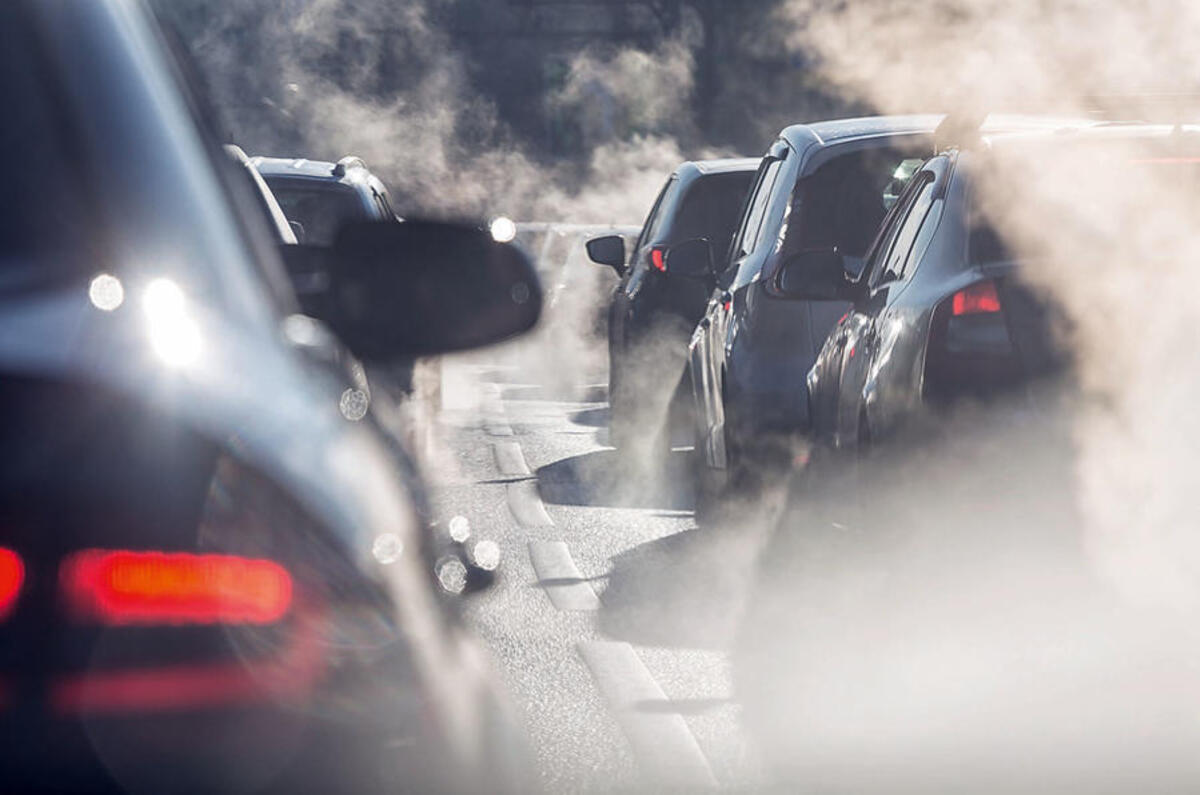The proposal to ban the sale of all petrol and diesel-engined cars - including hybrids and plug-in hybrids - by 2035 could be brought forward by a further three years, according to transport secretary Grant Shapps.
Speaking as a guest on BBC Radio 5 live, Shapps said the ban would happen by 2035 "or even 2032", before stating there would be consultation before any decision is made.
The accelerated plan to bring the ban from 2040 to 2035, proposed last week has already been branded "extremely concerning" by the Society of Motor Manufacturers and Traders (SMMT).
The move, which is five years earlier than previous plans, was announced by prime minister Boris Johnson at the launch of the COP26 climate summit as part of measures to help the UK achieve net zero carbon emissions by 2050.
However, SMMT boss Mike Hawes claims the government has "seemingly moved the goalposts" without a clear plan in place to achieve the goal.
"Manufacturers are fully invested in a zero-emissions future, with some 60 plug-in models now on the market and 34 more coming in 2020," Hawes said.
"However, with current demand for this still expensive technology still just a fraction of sales, it’s clear that accelerating an already very challenging ambition will take more than industry investment.
"This is about market transformation, yet we still don’t have clarity on the future of the plug-in car grant - the most significant driver of EV uptake - which ends in just 60 days’ time, while the UK’s charging network is still woefully inadequate.
“If the UK is to lead the global zero emissions agenda, we need a competitive marketplace and a competitive business environment to encourage manufacturers to sell and build here. A date without a plan will merely destroy value today.
"So we therefore need to hear how the government plans to fulfil its ambitions in a sustainable way, one that safeguards industry and jobs, allows people from all income groups and regions to adapt and benefit, and, crucially, does not undermine sales of today’s low emission technologies, including popular hybrids, all of which are essential to deliver air quality and climate change goals now.”
In confirming the plans, the government said it "will continue to work with all sectors of industry to accelerate the rollout of zero-emissions vehicles - helping to deliver new green jobs in the UK".
"The prime minister will use the speech [at the COP26 summit] to call for international efforts to reach net zero as early as possible through investment in cleaner, greener technology, preservation of our natural habitat and measures to improve resilience to climate change impact."
In 2018 the government announced plans to ban the sale of new petrol and diesel cars and vans from 2040 onwards as part of the Road to Zero Strategy, but it said that ultra-low-emissions vehicles – including hybrids and plug-in hybrids – emitting less than 75g/km of CO2 would still be allowed.
However, the new plan will ban the sale of any vehicle that is not zero emissions. Based on current technology, that would allow only electric or hydrogen vehicles to be sold.








Join the debate
Add your comment
Hopefully, I'll be dead
Careful what you wish for...
Every time there's an election, another 5 years gets lopped off the date.
Geography!
Where did you learn geography, Scotty? It's the NORTH SEA between UK and Scandinavia, the IRISH sea is between Ireland and England/Wales/Scotland. The ferries go across the North channel from my home town of Stranraer!
madmac
Mainly Tory voter here...